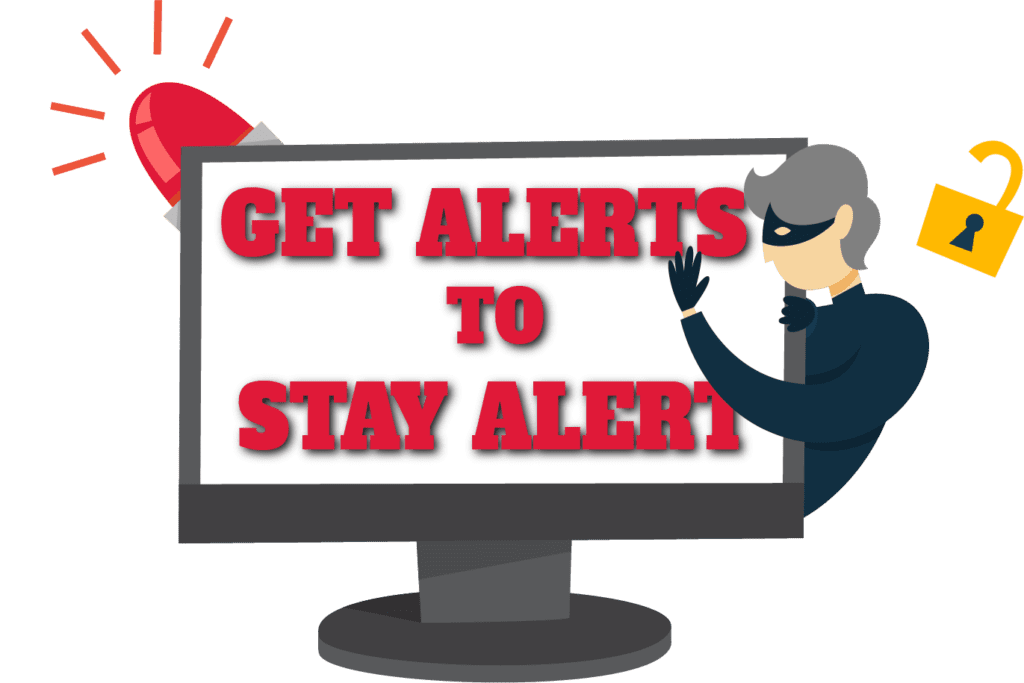Overpayment Scam
SPOT THE SCAM
Overpayment Scam Clues-
The company will already have what information they need if you overpaid. They don’t need more details from you. This is a sure sign it is a fraud
-
Sometimes when a scammer is trying to “return” your money, they claim they have put too much in your account, and they ask you to return the overpayment to them.
If they claim they overpaid you, ask them to send a checque.
STOP THE SCAM
Overpayment Scam Defence-
Ignore overpayment emails and don’t click on them.
-
Never give them access to your banking information.
-
If you think you might have overpaid, go to the company’s website and check your account. Do not click on a link within the scammer’s email. Or call the company directly and ask them. Always check first. .
Quiz Summary
0 of 5 Questions completed
Questions:
Information
You have already completed the quiz before. Hence you can not start it again.
Quiz is loading…
You must sign in or sign up to start the quiz.
You must first complete the following:
Results
Results
0 of 5 Questions answered correctly
Time has elapsed
Categories
- Not categorized 0%
-
Great effort! Remember this is an opportunity to learn in a safe environment and at your own pace. You can go back and try the quiz again or proceed to the next lesson.
-
Keep up the momentum! You’ve almost got this scam pinned down. You can go back and try the quiz again or proceed to the next lesson.
-
Amazing! You’re a super sleuth at spotting and stopping this scam. There’s a lot more to learn so why not continue to the next lesson?
- 1
- 2
- 3
- 4
- 5
- Current
- Review
- Answered
- Correct
- Incorrect
-
Question 1 of 5
1. Question
If a company does overpay you, they:
CorrectIncorrect -
Question 2 of 5
2. Question
I can give people access to my banking information; everyone can be trusted.
CorrectIncorrect -
Question 3 of 5
3. Question
I think I have been overpaid. I should:
CorrectIncorrect -
Question 4 of 5
4. Question
I should ___________ overpayment e-mails and not click on any links contained in those e-mails.
CorrectIncorrect -
Question 5 of 5
5. Question
You’ve been contacted by someone saying that you’ve been overpaid. They want your personal financial information so that you can repay the balance. Which one of the following questions is a good one to ask yourself in this situation?
CorrectIncorrect
